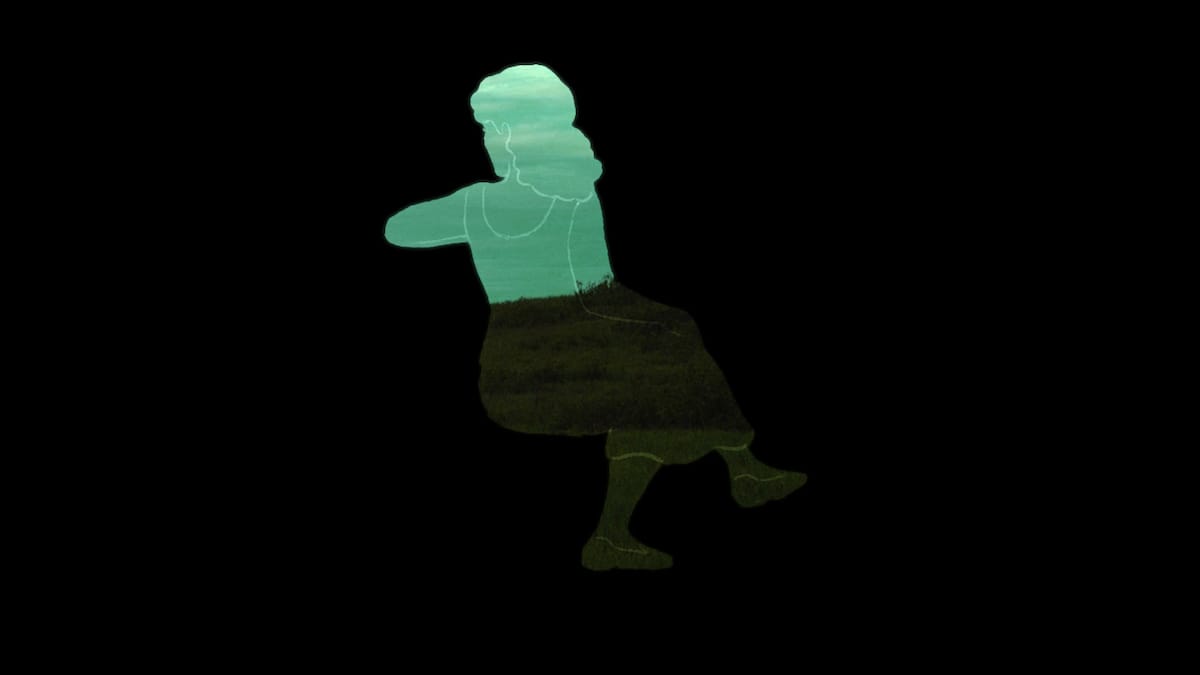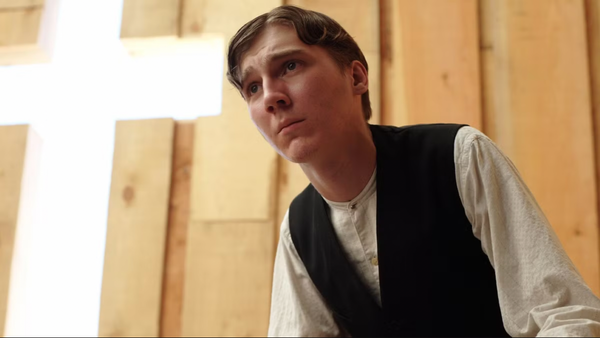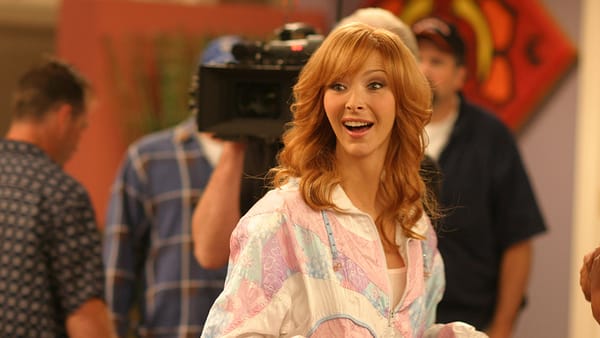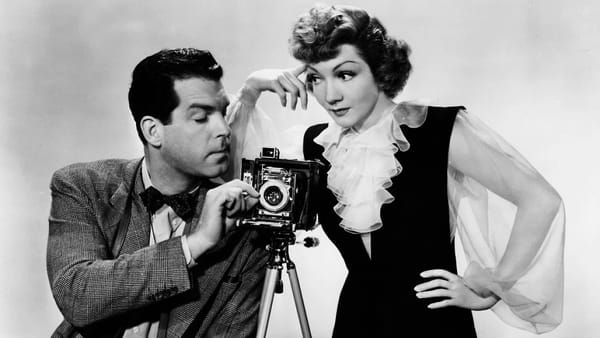Beyond self-reflexivity

A selection of films at the 2021 Frames of Representation film festival in London offer fascinating avenues for documentary cinema
As documentaries (or, rather, certain kinds of documentaries) have entered the mainstream in a big way in recent years, so has the basic and self-evident “problem” of documentary’s supposed objectivity. In that context, one way for certain filmmakers to automatically get themselves recognised by the mainstream as particularly intelligent or cunning has been to point at the obvious bias of their film’s making through self-reflexivity — we see the filmmaker making their film, or hear them describe in voiceover the ups and downs in their pursuit of a subject. Whether this is a big win for film literacy or quite the opposite remains to be seen (after all, self-reflexivity could be perceived as one more way in which viewers are being spoon-fed films and stripped of any need to exercise their own judgement). What is already clear is how often such a technique amounts to little more than a self-congratulatory move that grants the filmmaker permission to do very little else at all (is the disconnect between one’s perspective and that of another really all that groundbreaking or interesting?). In the worst cases, this foregrounding of subjectivity even works as an excuse for the filmmaker to follow their own narrow and convenient line of reasoning, without once bothering to fireproof their argument against any possible objections — subjectivity as the ultimate defence.
Self-reflection in documentary can also, however, have the opposite effect, the director humbly admitting to embracing just one of many potential perspectives. It’s this awareness of our limited view that pushes us to self-reflect in the first place: we wonder if our understanding of the world is valid or whether our meaning-making needs some updating. Could our reflection have led us not to a better grasp of reality, but rather to completely fictional and inaccurate conclusions? Some particular films shown at this year’s Frames of Representation film festival, held at the ICA in London, confronted this question of perspective and definition head on. In line with the theme of “re-imagining” that guided this year’s edition, several of the selected films went beyond acknowledging the subjective nature of truth, to delve headfirst into fiction and boundless imagination. .
Is there any difference between understanding and imagining? Aren’t we humans making the world up as we go along, ascribing meaning to it as we see fit and changing those interpretations rather freely? In Félix Dufour-Laperrière’s film Archipelago, twelve artists, working with archival newsreel footage and original animations, offer their own conceptualisations and dreams of Québec, a land that seems too ambiguous and rich to be pinned down. The goal isn’t even to try, but rather to explore how a territory with a difficult history and many different corners has impacted lives and imaginations. An unseen narrator stands in for the country, or rather for its identity, and tries to defend its own existence to another voice which keeps clamouring “you don’t exist!” Floating from one poetic text and drawing to another, Archipelago is a fresco of an idea — or several ideas — evolving like a fantasy because national identity is itself a lucid dream, illogical and private but also felt and shared.
Our projections don’t always need a platform as complex as a nation. Tadhg O’Sullivan’s film To The Moon details how the celestial object, a disinterested and far-removed witness to our lives, has nevertheless actively participated in our reflections for millenia. Using clips from various national archives as well as brand new footage of the moon, together with poems from across the world all about this star, the film, beyond being a historical and cultural catalogue of interesting lunar ideas about werewolves or romance, is also a tender testimony to humans’ need for poetry. It appears that, with its stillness and distance, the moon has allowed us to delve into our imagination particularly deeply and effortlessly. Countless film clips show the moonlight allowing people to transcend the reality of their bodies, of death or of space. The moon reveals the universality of our longing for clues of a reason for this world, for its good and its bad aspects, just as the moon’s own aspects explain the ebbs and flows of the tide.
Folktales may be the greatest example of our tendency for fabrication in the face of the unknown, their very format inviting every teller and listener to fill in the blanks with their own ideas and interpretations. Though based on facts, they are turned into something more evocative and less easily graspable by both each storyteller’s own understanding and telling, and by time itself. The Tale of King Crab by Alessio Rigo de Righi and Matteo Zoppis begins with old Italian men sharing tales around a table and some wine, before the film then enters one of their stories to bring it to life. Luciano is said to have lived in the region centuries ago, and to have rebelled against the prince in the name of freedom. As his story appears on screen, the same men who were telling it to each other feature in secondary roles, playing helpful villagers or advising the stubborn drunkard: as the keepers of the tale, these men are as much part of it as Luciano is. Yet even as his adventures are translated visually, much room is left for interpretation and daydream. The borders of Luciano’s life remain blurry and allegorical, suggesting an existence defined by political strife or romantic longing, greed or desperation, or perhaps all of those things. Through the medium of cinema, his legend is opened up to encourage even more contemplation.
Taken to a grander scale still, beyond the continent, the distant moon or the folktale, this reverie sends us back full circle. If everyone reflects on their own stories, then all stories are contained in the same act of reflection. Where, then, does our reality start? Iva Radivojević’s Aleph uses cinema in all its shapes – from talking head interviews to staged, impressionistic scenes – to represent this impossible question and the incomprehensible interconnectedness of the world. Inspired by the work of Jorge Luis Borges, the filmmaker focuses on various people and stories, their feelings (somebody feels nothing, someone else feels too much), their past (for one man, at once glorious and murderous), the future they imagine for themselves, and their attempts at understanding their place in existence. Alternately rushing forwards, nearly coming to a stop and revisiting a character or idea at an unexpected moment, Aleph inspires the viewer to seek new connections in this ‘unimaginable universe,’ as Borges put it, and to appreciate them all for the contradictory answers they offer. Triggering our perceptive senses, cinema can raise our awareness not simply of the differences between fact and fiction, objectivity and subjectivity, but also of their relationship, and how our imagination always feeds off both. Embracing this connection between the tangible and the imagined can help us fight off the loneliness and fear that come with facing the unknown.



